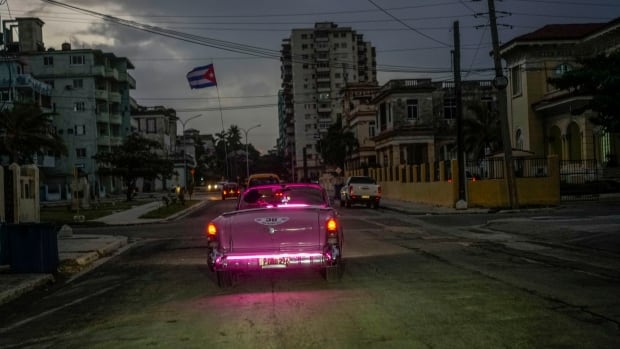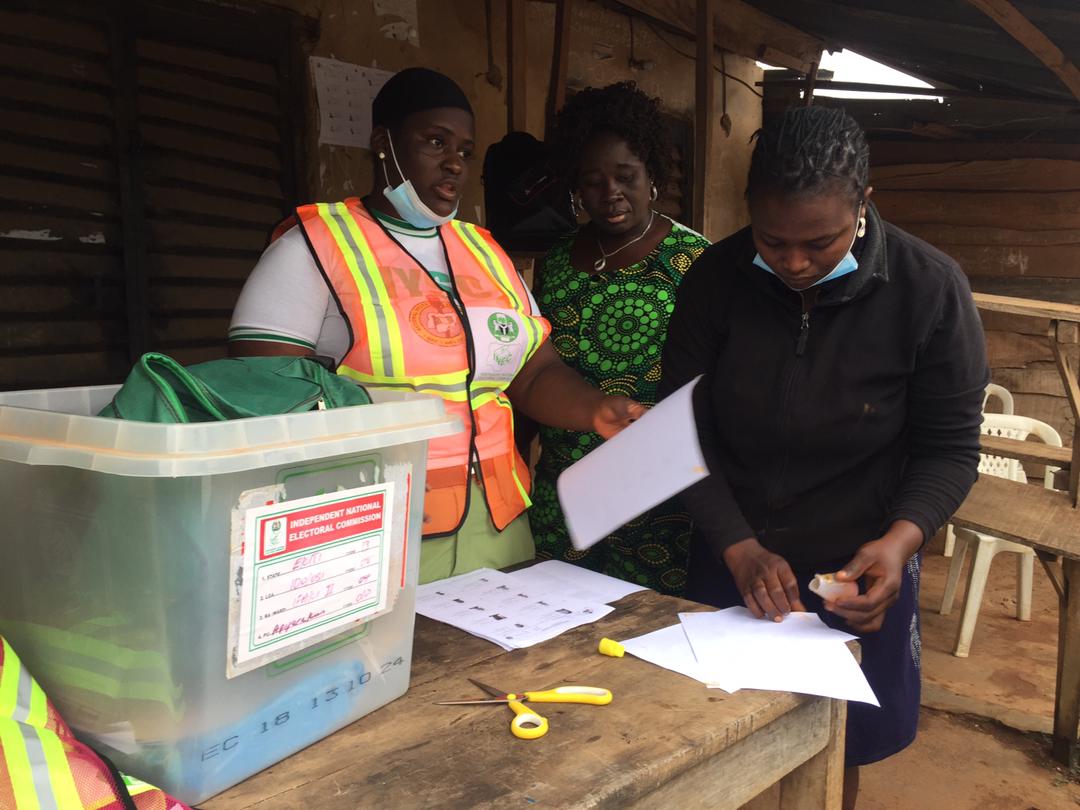Cuba made fast progress restoring power to swaths of the Caribbean island nation on Tuesday, both in Havana and outlying provinces, even as emergency and grid workers struggled to reach areas ravaged by tropical storm Oscar.
Oscar, which first made landfall near Baracoa as a Category 1 hurricane, was downgraded to a tropical storm, but not before wreaking havoc across much of eastern Cuba, knocking down power lines, triggering mudslides and flooding rivers.
A violent flash flood nearly wiped out the small town of San Antonio del Sur in that province early on Monday, killing six, including a young child, authorities said. On Tuesday, Cuban President Miguel Díaz-Canel confirmed another death in the small town of Imias in the province of Guantanamo.

Upwards of 25 centmetres of rain fell in many areas, swamping croplands, tipping over banana plants and dousing the region’s coveted coffee crop.
Swaths of Guantanamo were still cut off by raging rivers and roads blocked by mudslides, complicating efforts to restore power and leaving many cut off from communications.
Grid has been stabilized, authorities say
Cuban authorities said in mid-afternoon they had successfully stabilized the grid after several major failures since Friday, when Cuba’s entire national electrical grid first crashed before Oscar’s arrival, leaving 10 million people without electricity.
Upwards of 70 per cent of Cuba had electricity on Tuesday, and officials said they expected several more power plants to come online shortly, boosting that total.
Cuba’s grid operator said 90 per cent of its clients in the capital Havana, largely unaffected by the passage of Oscar, had also seen their power restored by midday on Tuesday.
Cuba’s oil-fired power plants, already obsolete and struggling to keep the lights on, reached a full crisis this year as oil imports from Venezuela, Russia and Mexico dwindled, culminating in last week’s grid collapse.
Residents of Havana took to the streets Monday night to demand something be done about the ongoing blackouts after the country’s power grid failed multiple times, leaving the nation in darkness.
On Monday evening, dozens of people gathered near the intersection of Campanario and Salud streets in Havana, chanting “We want light” and banging pots with metal spoons. They were angry, they said, after four days without electricity in their homes.
“We’ve gone four days without electricity. Our food is going bad. Our kids are suffering. We don’t have … water,” said Marley Gonzalez, a resident who banged a pot in protest, surrounded by her neighbours.
Street protests are rare in Cuba. On July 11, 2021, anti-government rallies rocked the island, the largest since former Cuban leader Fidel Castro’s 1959 revolution. Those protests followed months of isolation during the pandemic, but also, growing anger over shortages and blackouts.
Cuba’s president spoke on national television on Sunday, just prior to the Central Havana protest, encouraging Cubans to air grievances with “discipline” and “civility.”
“We are not going to accept nor allow anyone to act with vandalism and much less to alter the tranquility of our people,” Diaz-Canel said. “That’s a conviction, a principle of our revolution.”







